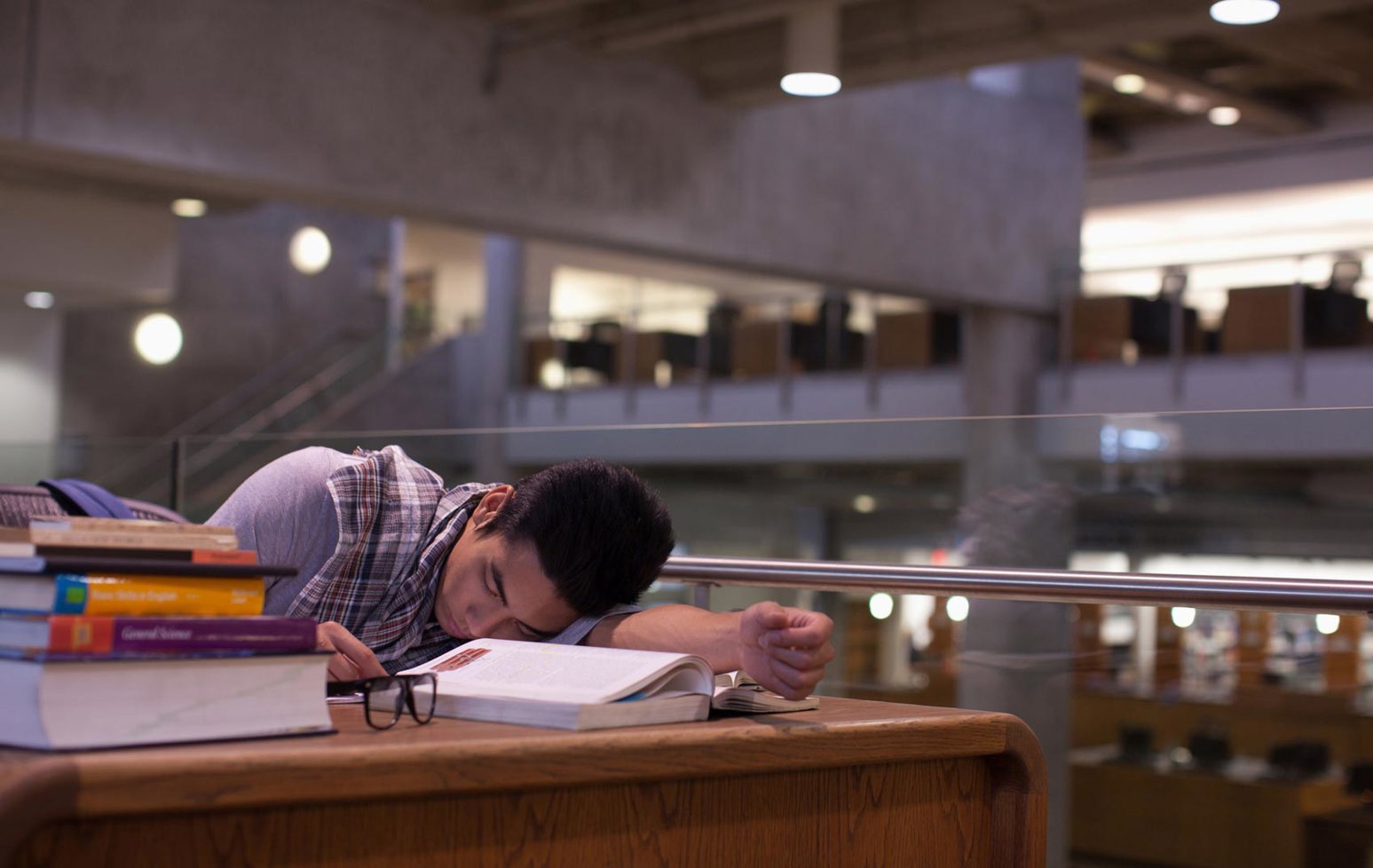It’s a question that has been bugging me since high school: why do people brag about how little sleep they get?
Sleep deprivation has not only become common for the average university student, but also a weirdly admired norm. Among highly driven students, it almost seems like a competition to see who can perform the best with the least amount of sleep. Most of us have probably heard the persistent myth “Sleep is for the weak” or someone say “Dude, I pulled like three all-nighters to learn the entire course, and still aced that exam”.
Let’s be clear—this isn’t healthy, and it is definitely not cool.
It’s undeniable that maintaining a healthy sleep level is difficult in university, but neglecting your wellbeing is not professional behaviour. There is nothing admirable about pushing yourself to the point of total burnout or immense distress. Stop bragging about it. Unfortunately, this problem has become ingrained in both the academic sphere and modern work culture.
For the purpose of this blog, I’m not going to explain all the destructive consequences of sleep deprivation (which I assume you’re aware of, and if not, there are countless articles online about them). Instead, this post is the first installment of a two-part series in which I discuss what drives this culture and moreover, what we can do about it.
Why does this culture persist?
My favourite excuse for not sleeping enough is that I’m trading sleep for more productive studying, and thus higher grades. Evidently, this is false. More often than not, I could’ve earned the same mark, or higher, if I managed my time better and didn’t leave everything to the last minute. There is sense that sleeping is “wasting time”, when it really isn’t. It’s recharging your mind and body so you can function more productively later. You know the saying, “time is money”? Well, according to a report by European research company RAND, sleep deprivation cost Canada $21.4 billion in 2016. Yikes. Seems like less sleep doesn’t equal more work after all. Another driving factor I’ve seen is a matter of pride. Getting 4 hours of sleep over two days to finish an assignment is no easy feat, and to some that process is exhilarating despite the pressure.
Interestingly, the causes behind the glamorization of sleep deprivation can be analyzed by looking at the factors behind procrastination. Some common motives are the lack of interest and the lack of motivation. However, an important yet often overlooked reason is the fear of rejection.
It’s a process formally known as self-handicapping. By procrastinating, you are protecting yourself from the risk of failure by not even trying. It’s easier to tell yourself “I didn’t do well because I barely slept last night” than “I didn’t do well even though I tried my best” (everyone’s real fear). It’s an extremely common trait among perfectionists and high achievers. The culture of sleep deprivation is the same. People who brag about their lack of sleep often do so as a self defense mechanism to preserve their self-esteem in case they do not succeed. This mentality aligns with the self-reassurance that “my life is harder than yours”, even though you’re intentionally making your life harder than is necessary.
That being said, it shouldn’t have to be this way—why can’t we feel good about ourselves while getting enough sleep? It’s never too late to change your habits. Treat yourself better in 2018, step by step. Stay tuned for my next post on tips for staying motivated and changing the culture around sleep.
